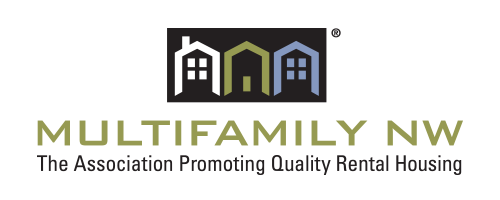Federal COVID Relief Update
Dear Members,
As you know, a bipartisan base framework of $908 billion was introduced last week that includes $25 billion for rental assistance, extended federal unemployment insurance, liability protections and support for state and local governments, among other provisions. Importantly, the base framework did not include an eviction moratorium. That was a great start to the process, however, we always knew that is was just the start and negotiating still had to take place. An updated version of that proposal was released Wednesday with some but not all of the detail.
The rental assistance remains in the proposal with some stipulations:
- Provide $25 billion in rental assistance to states and local governments and Native American tribes through the Coronavirus Relief Fund. This is important because as you recall, the proffer from House Democrats was to use HUD’s Emergency Solutions Grants program, a small homelessness assistance program. We had concerns about the execution of rental assistance through this program. Direct funding to the states is we think a more efficient and effective model.
- 90 percent of funds must be used for payment of rent, rental arrears, utilities, utility arrears, and related housing stability services with 10 percent of funds available for housing stability services.
- Specific guardrails to ensure support for the most in-need households, with a preference for households with 50 percent of area median income and below. The definition of “preference” is unsettled at this point. We anticipate it to be some percentage of the total funding targeted below the 50% threshold.
- Support can cover up to 18 months of arrears and forward assistance.
The updated framework now also includes an eviction moratorium through January 31. We do not yet know if this is a CARES Act framework (federally-backed mortgages only) or something closer to the CDC order (all rental housing). This is an unsettled item between the negotiators.
Meanwhile, there are other competing proposals that are in the mix. The White House made a $916 billion proposal that was crafted in consultation with Congressional Republicans, but was immediately rejected by Congressional Democrats. As well, Senate Majority Leader McConnell (R-KY) has his own, $500 billion proposal which is much narrower than the other two and has also been rejected by Congressional Democrats as inadequate. Finally, there has been a late game push for more individual “recovery rebate” checks of $600 to be included in any package as was done with the CARES Act. When that started to gain steam, the White House proposed eliminating federal unemployment insurance in exchange for the checks. Thus far, only the bipartisan proposal has touched housing.
NAA and our allies in the housing community have been engaged with negotiators of the bipartisan package since it was introduced last week, through the weekend and into this week. Despite the presence of competing packages, it seems that all eyes are still focused on the bipartisan framework as the best vehicle forward. We are deploying additional grassroots key contacts in those states with Senators who are playing a lead role in the negotiations.
Overhanging all of this activity is a similar frenzy over funding for the federal government which runs out on December 11. A so-called “omnibus” package is being negotiated to fund the government for the next fiscal year, however, that has its own set of challenges. It also happens to be the vehicle for COVID-relief legislation. Today, Congress will extend the deadline to December 18 to give itself more time to settle differences…if they can.
Everything is extremely fluid and chaotic right now, so stay tuned and we will update you as there are new developments. As you watch the news coverage and speculation of what is will or will not be included, remember the words of former House Speaker John Boehner who said, “nothing is agreed to until everything is agreed to.”
Greg Brown, Senior Vice President, Government Affairs
National Apartment Association (NAA)
